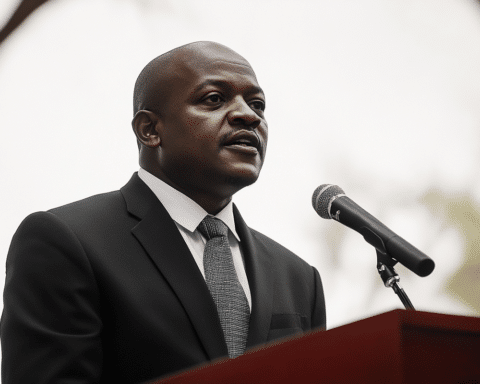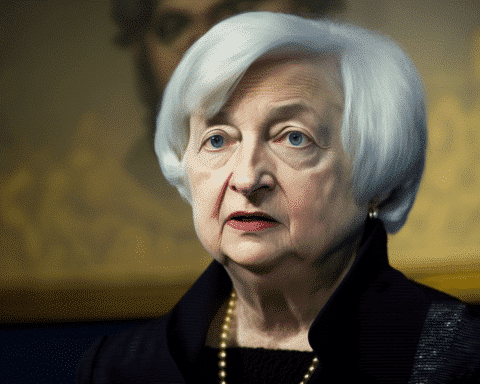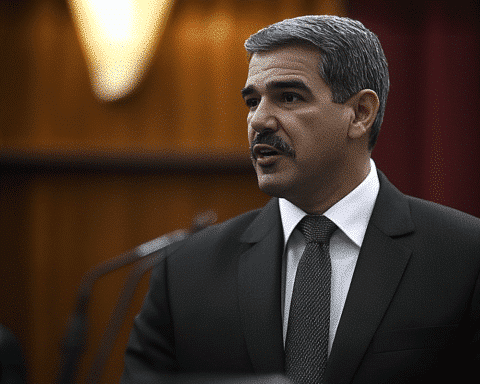In a carefully orchestrated election that surprised nobody, President Vladimir Putin has clinched another six years at the helm of Russia, solidifying his control in a political landscape where the opposition’s voice has been significantly silenced, and free speech faces its toughest challenges since the Soviet era. This latest triumph in Putin’s political saga unfolded amidst a backdrop of unparalleled national unity, or so state narratives would have it, with Putin amassing a staggering 87.28% of the vote—a testament, according to the Central Election Commission, to the highest voter turnout seen in post-Soviet Russia.
Despite the appearance of a democratic process, the election was anything but. With three nominal adversaries who scarcely offered an alternative, the absence of genuine electoral choice was palpable. Independent monitoring was virtually non-existent, and the electoral process was marred by reports of voter intimidation, underscoring a departure from any semblance of fairness or transparency previously observed in Russian elections. “Nothing like that has happened on such a scale at elections in Russia before,” declared Golos, Russia’s leading independent election watchdog, highlighting the unprecedented pressure exerted on voters across over 60 regions.
Amidst this tightly controlled electoral process, the opposition’s spirit, albeit beleaguered, showed signs of life. The tactic of “Noon Against Putin,” a protest strategy endorsed by the late Alexei Navalny and other opposition figures, demonstrated that despite the Kremlin’s efforts, pockets of silent resistance persist within Russia and its diaspora. While unlikely to sway the election’s outcome, this phenomenon signals an enduring willingness among some segments of the Russian populace to seek creative avenues for dissent.
Looking ahead, the future is a continuation of the status quo, with Putin at the helm, seemingly unphased by the prospect of governing a nation where the drumbeat of dissent, however muted, continues to resonate. His post-election demeanor hinted at a leader confident in his secured position, yet the memory of past unpopular decisions looms large, like the pension age hike post-2018 election. Political analyst Abbas Gallyamov, a former speechwriter for Putin, anticipates that the initial post-election period might see a brief hiatus in significant policy moves. However, he warns of potentially unpopular decisions, as the immediate concerns of maintaining a facade of stability give way to longer-term strategic objectives, possibly including further tests of NATO’s resolve.
Putin’s latest electoral victory is a testament to his unassailable hold on power and a prelude to what lies ahead for Russia. As the Kremlin continues to stifle opposition and tighten its grip on free speech, the resilience of those who still dare to challenge the status quo reminds them that the spirit of dissent, however constrained, remains alive. The coming years will likely be a delicate balancing act for Putin as he navigates the complexities of maintaining control while addressing the undercurrents of discontent that his tenure has exacerbated.




